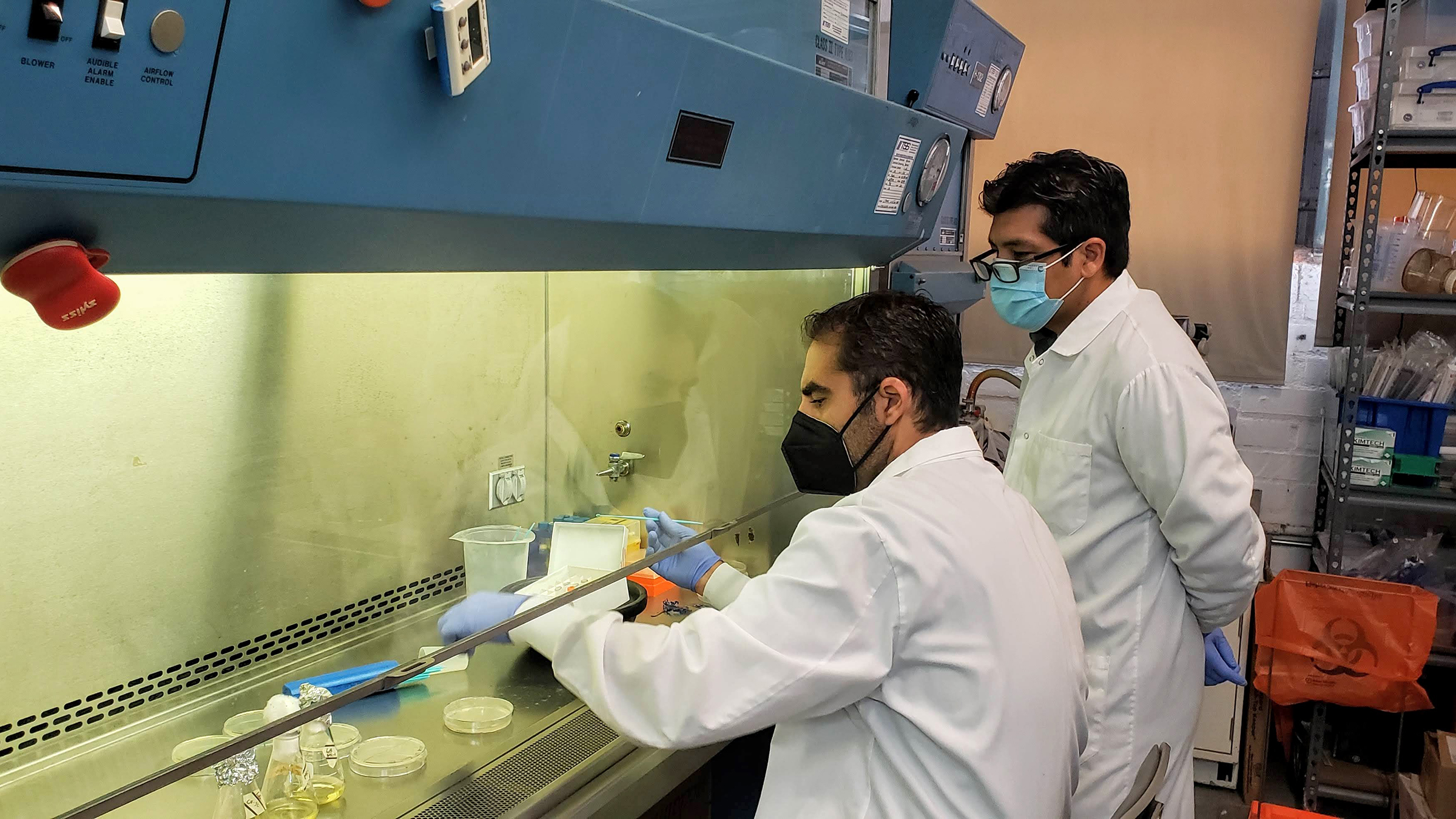In her 16-year career in the mining industry, Renee Grogan has battled hostile environments, arduous work conditions, and the perception that women don’t belong at a mine site—let alone in a mining-company boardroom. But her biggest battle has only just begun: getting climate-conscious car buyers to care as much about how the metals going into their new electric-vehicle (EV) batteries are mined as they do about their carbon emissions. “Consumers don’t generally know what their metal footprint looks like,” says Grogan, the co-founder and chief sustainability officer of California-based Impossible Mining, a battery-metal mining startup. “But if you are driving an electric car because you think you are doing good for the world, wouldn’t you want to make sure your car battery isn’t actually making things worse?”
As demand for EVs rises, so too does the need for the metals that go into their batteries—nickel, cobalt, copper, and lithium, among others. With land-based mines already at peak production and dogged by allegations of environmental and human-rights abuses, mining companies are looking to the Pacific Ocean, where trillions of potato-like nuggets made up of nickel, cobalt, and manganese are strewn across the floor of the Clarion-Clipperton Zone. Mining in the region could start as early as next year, once the International Seabed Authority (ISA) starts granting licenses. According to mining companies investing in seabed metals, the polymetallic nodules could be vacuumed up with minimal environmental impact. Marine biologists disagree, arguing that there hasn’t been enough research on the complex undersea environment to understand the potential impact. More than 600 marine scientists and policy experts have signed a statement calling for a moratorium on undersea mining until more research is done. BMW, Google, Samsung, and Volkswagen, among others, have supported similar moratoriums.

Grogan starts from a different place. A ban on seabed mining, she says, will only shift the environmental burden to land-based metal mining, which destroys ecosystems while leaving a toxic legacy of tailings ponds (water facilities engineered to store leftover materials from mining processes) and pollution runoff from refineries. A better alternative, Grogan argues, would be to set a new standard for responsible battery-mineral mining wherever it takes place. To power that cleaner future, Grogan has launched an initiative to push for an independent standards body that would require mining companies to avoid habitat destruction at sea and on land, eliminate toxic waste, preserve biodiversity, protect communities, maintain freshwater sources, and stay carbon neutral. Her BetterEV label, she says, could eventually become as recognizable as “organic” and “fair trade” are for food and consumer goods. It is, she admits, a mammoth undertaking. But given enough consumer pressure, mining companies might be encouraged to try. “There are thousands of innovations waiting in the wings. We just need a push,” says Grogan.
Read More: A Climate Solution Lies Deep Under the Ocean—But Accessing It Could Have Huge Environmental Costs
Grogan’s own startup is developing marine robots that would hover above the ocean floor to pluck individual metal nodules from the seabed, rather than vacuuming them up along with biodiversity-rich sediment as other mining companies do. The AI-equipped robots can be programmed to recognize sea life, like sponges or worms living on individual nodules, and leave them in place. Impossible Mining is also scaling up new technologies in metal refining that use specially engineered bacteria to break down nodules into their component elements without using energy-intensive heat or harmful acids that leave toxic waste. Prototypes for both technologies are being deployed on a trial basis, and Grogan expects both to be in full operation by next year. “If we are the first company that shows those standards can be met, then the others have no choice but to follow. They will compete, they will innovate, and then the industry as a whole is doing better for the planet.”

A consumer-facing standards label would add welcome pressure on mining companies to do better, says Andrew Friedman, the project lead on seabed mining at the Pew Charitable Trusts’ campaign for ocean conservation. But voluntary label accreditation is not a substitute for strong regulation. “Even if a segment of the consumer base is engaged with thinking about their supply chain, it’s ultimately the regulatory standards which will have the most influence on industry behavior,” he says.
Read More: The Engineer Who Made Electric Vehicles Palatable for the Pickup-Truck Set
The Metals Company, a Canada-based startup, argues that a public-facing label is unnecessary because the ISA is already in the process of establishing an undersea mining code that includes robust environmental, reporting, and oversight requirements. But Grogan says it was in fact a subpar application to the ISA from the Metals Company and its partner country Nauru, for a permit to test its polymetallic-nodule collector system, that triggered her idea. The environmental impact statement, she says, was disingenuous and incomplete, a sentiment shared widely among scientists, conservationists, and other national governments. Friedman says Nauru’s initial assessment “included virtually no biological baseline data. An environmental impact statement that doesn’t describe the marine life in the environment is not an environmental impact statement.” After several ISA parties raised concerns, Nauru submitted a revised statement with some biological data, but did not allow for further comments from stakeholders. “I was so angry that a mining company could be so disrespectful of the approach to assessing environmental impact,” says Grogan. “That’s when I realized that market forces—consumer sentiment—might actually be the stronger voice, if we could get the message out.”
In a male-dominated industry, Grogan is used to being the only woman in the boardroom and not having her voice heard. She can’t count the number of times she’s been asked to go fetch tea or coffee, or been directed to the back of the room, even though she is co-founder of a mining company. “I literally have to fight for a seat at the table,” she says. But she relishes the battle. “When the dinosaurs say it can’t be done, I can’t help but smile. In three years’ time, I will remind them that they didn’t want to be part of this change. It’s exhausting and it’s excruciating, but … this is my chance to change the industry that I grew up in.”
Correction, April 18:
The original version of this story misstated the name of the Pew Charitable Trusts. It is the Pew Charitable Trusts, not Pew Charitable Trust.
More Must-Reads from TIME
- Why Trump’s Message Worked on Latino Men
- What Trump’s Win Could Mean for Housing
- The 100 Must-Read Books of 2024
- Sleep Doctors Share the 1 Tip That’s Changed Their Lives
- Column: Let’s Bring Back Romance
- What It’s Like to Have Long COVID As a Kid
- FX’s Say Nothing Is the Must-Watch Political Thriller of 2024
- Merle Bombardieri Is Helping People Make the Baby Decision
Contact us at letters@time.com